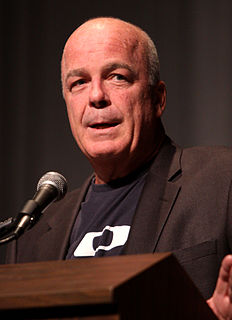A Quote by James Howell
Proverbs may not improperly be called the philosophy of the common people.
Quote Topics
Related Quotes
The law hath so many contradictions and varyings from itself, that the law may not improperly be called a law-breaker. It is become too changeable a thing to be defined: it is made little less a Mystery than the Gospel. The clergy and the lawyers, like the Freemasons, may be supposed to take an oath not to tell the secret.
A writer must always try to have a philosophy and he should also have a psychology and a philology and many other things. Without a philosophy and a psychology and all these various other things he is not really worthy of being called a writer. I agree with Kant and Schopenhauer and Plato and Spinoza and that is quite enough to be called a philosophy. But then of course a philosophy is not the same thing as a style.
Common sense is not something rigid and stationary, but is in continuous transformation, becoming enriched with scientific notions and philosophical opinions that have entered into common circulation. 'Common sense' is the folklore of philosophy and always stands midway between folklore proper (folklore as it is normally understood) and the philosophy, science, and economics of the scientists. Common sense creates the folklore of the future, a relatively rigidified phase of popular knowledge in a given time and place.






































